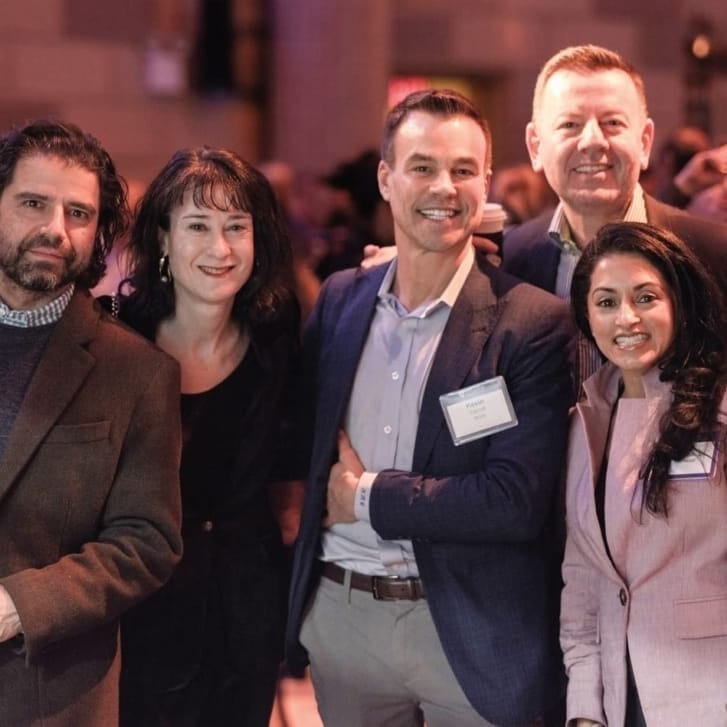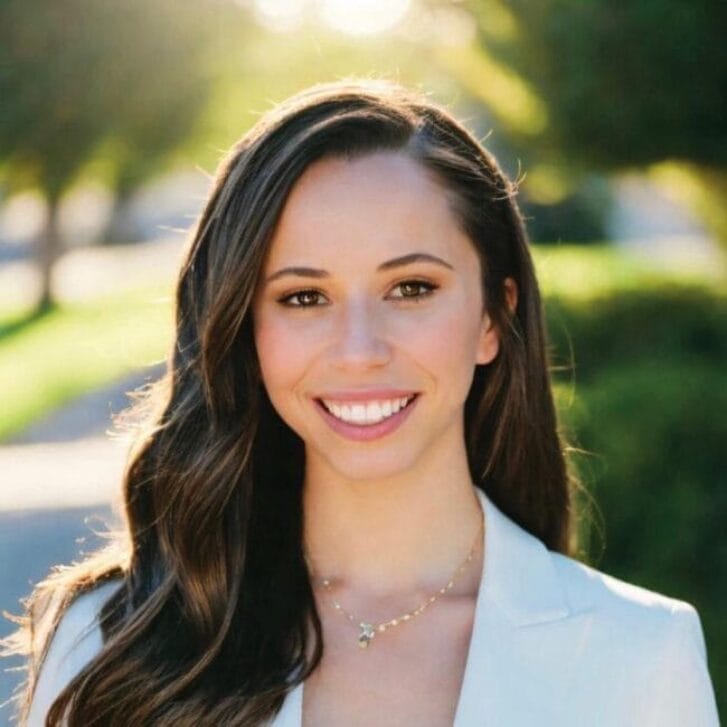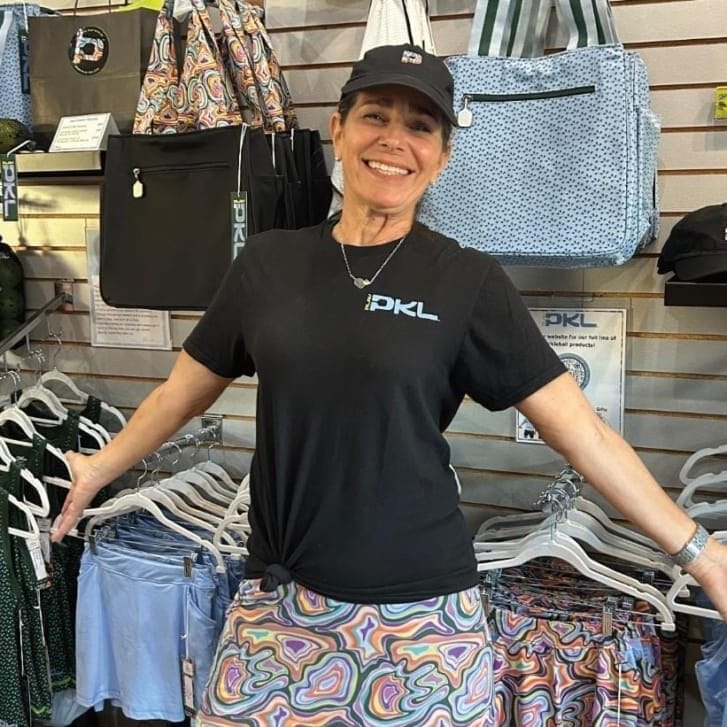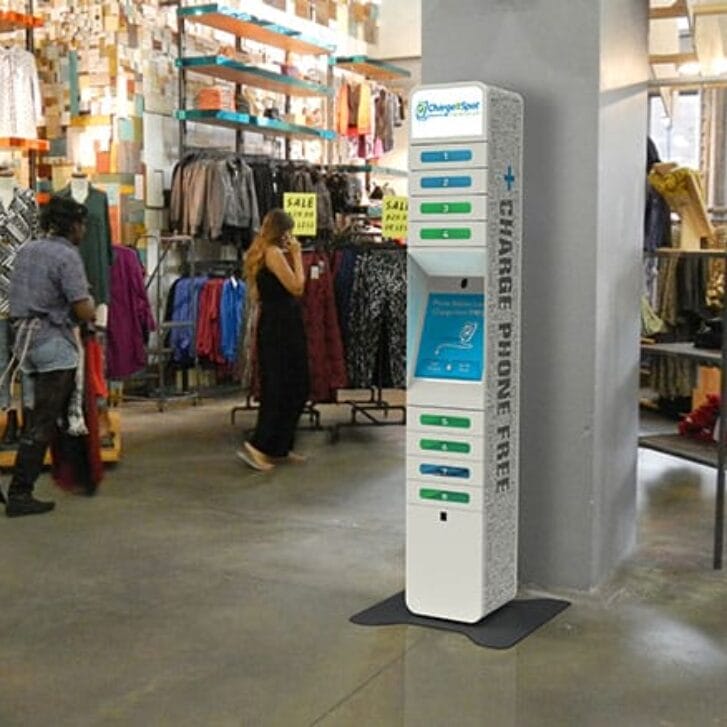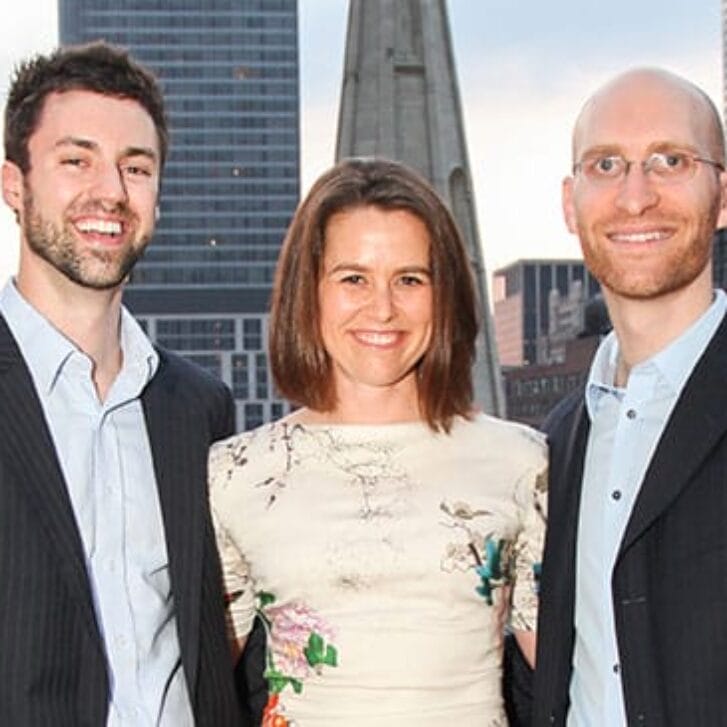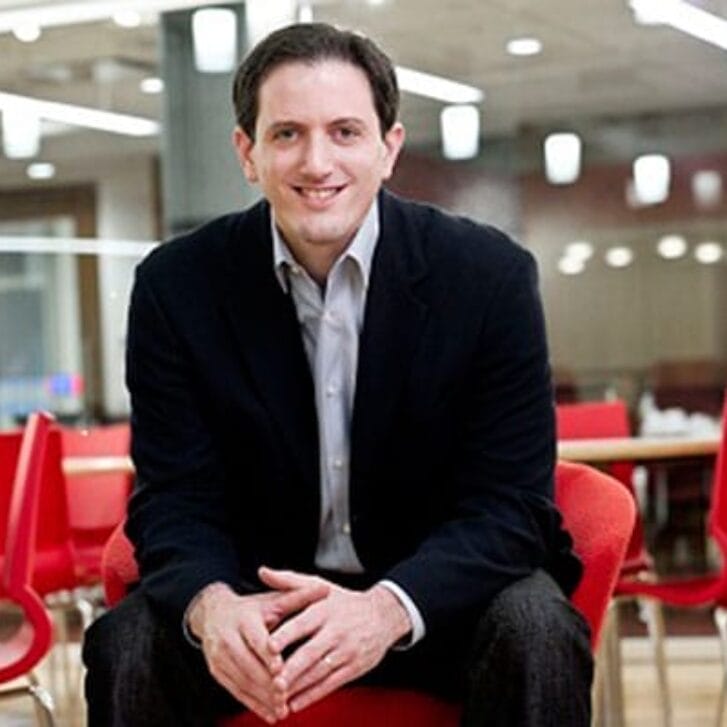Tesoro means “treasure” in Spanish, and in a nice play on words, Wharton entrepreneur Carlos Vega, C’03, WG’14, named his startup Tesorio, as it provides a data-powered “dynamic discounting” service that could be valued by people working in corporate treasury departments. We’ll take it one step further, by tying Tesorio and Vega to what might be one of Wharton’s newest treasures, the Student Life meeting space at 2401 Walnut Street.
For two summers in a row, 2401 has served as a sort of incubator for MBA entrepreneurs. Vega and Zach Simkin, C’06, WG’14, then co-organizers of the Penn Founders’ Club, approached Wharton Student Life about the idea in the spring of 2013. Fourteen student startups quickly took advantage of the opportunity when it became a reality that summer. (For more details about the startups and that summer, see Vega’s Wharton Entrepreneurship blog about it, “Brotherly (and Sisterly) Love for Startups @ 2401.”) Vega was there with Tesorio; Simkin worked on 3-D printing startup (and 2014 Wharton Business Plan Competition Finalist) Senvol with co-founder Annie Wang, C’05, G’13, WG’13.
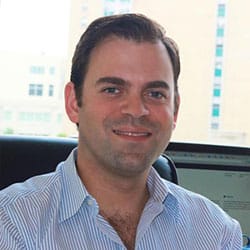
Carlos Vega, C’03, WG’14
Vega noticed some differences between this year’s manifestation and last year’s. For starters, the founders put up a basketball net inside 2401 last year; this year, no net. In 2014, more startups participated—18 companies and more than 50 people. This year, current MBA students were given priority for the space (although young alumni companies such as Tesorio, Olive Labs, VeryApt and RentScene also found a home there), versus last year when it was first come, first served.
Whereas in year one Vega was working to get his newly founded startup off the ground—then followed it up with Wharton Entrepreneurship’s Venture Initiation Program in fall 2013 and the Snider Seed Award in summer 2014—in year two at 2401, he test-piloted the Tesorio technology and sought prospects. In the process, the company has been garnering attention in the Philadelphia startup ecosystem—Tesorio’s work with Yards Brewing Co. was detailed in a Technical.ly Philly article.
Its dynamic discounting technology is aimed at helping companies use excess cash to pay invoices early in exchange for discounts tailored for each supplier.
“Tesorio’s proprietary algorithms arbitrage costs of capital between buyers and suppliers to design early payment discounts that represent excellent returns on cash for buyers and efficient self-financing for suppliers,” Vega explains.
With this first product, Tesorio is in talks with major Philadelphia-based organizations. Vega and company just landed one of the largest hospital networks in Pennsylvania, which has accounts payable in the billions (the deal being too fresh to name names just yet).
The Tesorio plan is to continue to strengthen roots locally and then expand nationally as the company rolls out new supply chain tools.
See more of the Wharton MBA Student Life space at 2401 Walnut St. in the photo set above.
The idea for Tesorio came in part before Vega entered the Wharton MBA Program. In 2008, he co-founded an accounts receivable financing, or factoring, company in Panama, but he realized he “wasn’t crazy about that business” because it wasn’t a long-term or efficient solution to help small business. Vega came to Wharton to launch a firm in a different vertical in supply chain finance—with the ultimate goal of making it easier for small businesses to access cash to fuel growth.
Wharton has surely helped empower him since—a fact that Vega declares for all to hear, including to that Technical.ly Philly reporter. Tesorio’s aforementioned big public client—Philly-based beer maker Yards—has a Wharton alumnus as a chief operating officer: Trevor Prichett, G’06, WG’06. Vega also points to Sam Schwartz, EE’85, WG’90, and Dominique (Basile) Izbicki, WG’11—chief business development officer and strategic development senior manager at Comcast, respectively—as local alumni who have provided guidance and support along the way (while mentioning that Comcast is overall an unheralded startup supporter in Philadelphia).
“Not only has the alumni network been awesome, so have classmates,” Vega adds.
In particular, he mentions Katelyn McCarthy, WG’14, a veteran of business development at IBM and Google, who shared her expertise with Tesorio last semester and all summer while she waited for her full-time, post-graduation job at McKinsey to begin. At Penn, he also met Fabio Fleitas and Armen Vardanyan, both Computer Science juniors, who interned with Tesorio through the 2014 summer, funded by Wharton Entrepreneurial Intern Fellowships.
And so as to not leave anyone out, Vega also praises faculty advisers—professors Peter Fader (Frances and Pei-Yuan Chia Professor), Ethan Mollick (Edward B. and Shirley R. Shils Assistant Professor of Management) and Jeff Babin (associate professor of practice at Penn Engineering)—administrators such as Roy Rosin (chief innovation officer at Penn Medicine), as well as the staff at Wharton Entrepreneurship.
Classmates and fellow Wharton entrepreneurs surely would return the shout-out to the Founders’ Club (and Simkin and Vega) for the idea to turn 2401 into a summer startup haven.
Editor’s note: The Wharton Entrepreneurship blog recently posted another student’s perspective on 2401. Be sure to read: “The Summer Startup Experience at 2401 Walnut.”














